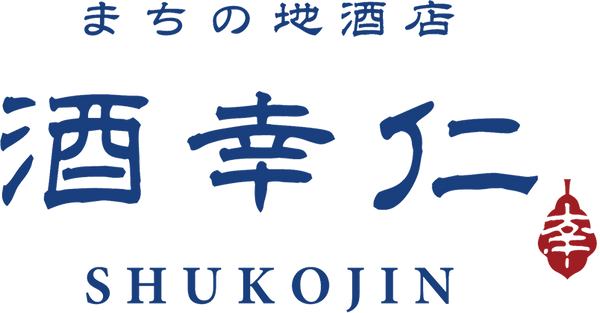Why is sweet sake so popular in Taiwan?
"Oh, so sweet ones are popular?"
This was the first thing that surprised me when I started selling Japanese sake to Taiwan through cross-border e-commerce.
In Japan, it is often said that "dry sake is the best," and dry sake is the mainstream at izakayas and liquor stores. I myself naturally had a kind of "dry sake faith," but the reaction of Taiwanese customers was completely different.
First of all, what is "sweet sake"?
Sweet sake is sake that has a lot of residual sugar and tastes sweet when drunk.
Sake has an index called "sake meter value," which is a measure of sweetness or dryness. The more negative the value, the sweeter the sake, and the more positive the value, the drier the sake.
However, in reality, Alcohol content" and " acidity"," Even with the same sake meter value, the way it is perceived can change depending on the balance of factors such as aroma. Generally, sake with a strong fruity aroma, a mellow mouthfeel, and is easy to drink tends to be preferred as "sweet."
Fruity, mellow and full of flavour, that's why it's so popular
The most common question I get in messages with Taiwanese customers is, "Do you have any recommended sweet flavors?"
There are also many sweet options among the popular alcoholic drinks.
Particularly popular are types such as ginjo sake and junmai daiginjo sake, which have a rich aroma and a slight sweetness.
Sweet flavors are popular with people of all ages and genders
At first I thought it might be popular among young people, but I've come to realize that it actually has a lot of support from older men too.
We have received comments such as, "I don't like traditional dry sake," and "I want to enjoy it slowly after a meal," and we have come to realize that sweet sake is being accepted by a wide range of people as a "gentle taste."
How to enjoy it as a luxury item rather than as a drink with meals
In Japan, people tend to prefer dry sake that can be sipped quickly with meals as a "mealtime drink." It has a refreshing aftertaste and enhances the flavor of the food.
On the other hand, in Taiwan, the mainstream way of enjoying alcohol may be to "slowly savor the taste of the alcohol itself," rather than pairing it with a meal.
This fragrant, mellow, and sweet drink seems to match the taste for enjoying the flavor of the alcohol itself, just like a dessert or wine. 
It also goes well with food culture.
When I visited Taiwan some time ago, I felt that Taiwanese cuisine has a lot of mild flavors, which seemed to match naturally with sweet Japanese sake.
The flexibility and freedom in how people drink sake is also what is attractive about the Taiwanese market.
Sweet sake doesn't get much attention in Japan, but this experience made me realize firsthand that it is embraced with a completely different appeal across borders.
They now even have a "sweet special feature" for Taiwan.
Please click on the banner below for recommended sweet sake 👇 
We will continue to make proposals that meet local needs.
There are many different ways to enjoy sake, and it's incredibly complex.


